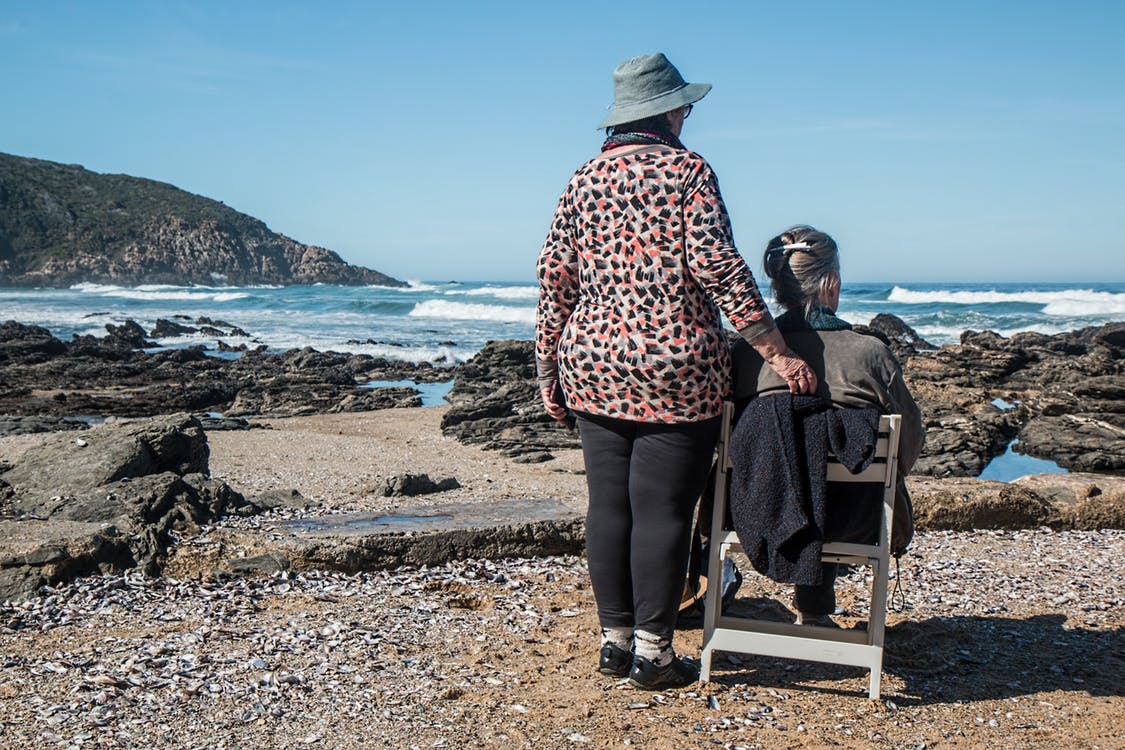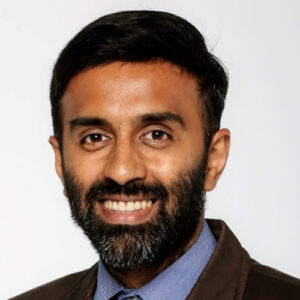
Women make up more than 60% of the older adult population in the Asia-Pacific, where the challenges associated with one of the fastest ageing population clusters in the world are fast emerging in social, political, healthcare and economic significance.

A major new report led by Flinders University, published in Frontiers in Public Health, takes a look at how Asia-Pacific countries – ranging from low-income, middle- and high-income economies – are managing major issues relating to globalisation and westernisation of care to reshape conventional approaches to older adult care.
“In many cultures, particularly those in the Indian subcontinent, China and Southeast Asia, there is a deeply ingrained tradition of venerating older adults,” says Flinders University Senior Lecturer in Health Care Management Dr Madhan Balasubramanian, one of the editors of the special edition.
“Our research reviews look at how service redesign, training for providers, community, home-based care and the adoption of global frameworks are helping to address the contemporary needs and expectations of older adults in keeping with culturally rich traditions.”
Nearly 60 percent of the world’s population over 60 years of age reside in the Asia-Pacific region, which amounts to 630 million people, according to the United Nations. This population is projected to reach 1.3 billion by 2050.
In general, older adults exhibit higher prevalence of chronic conditions, comorbidities and hospital admissions, which in turn elevate health care costs.

Flinders University Dean of Business, Associate Professor Angie Shafei, who contributed to the study, says older women could face great pressure on their health and wellbeing because the traditional role of women in many societies in the region is as family caregivers.
“Gender imbalance has implications for social support and health care systems, given that women typically have greater life expectancy and can face more years of potential disability,” says Associate Professor Shafei.
“Traditional models of health workforce development and service delivery are less likely to be effective in addressing the growing concerns if the focus remains centred on specialised and tertiary care.
“It is essential to strengthen primary and community-based models of care that caters to the growing needs of and are sensitive to cultural contexts, local challenges and specific requirements of older adults.”
The editorial article, Innovations in older adult care and health service management: a focus on the Asia-Pacific region (2024) by Madhan Balasubramanian, Angie A Shafei and Zhanming Liang (James Cook University) has been published in Frontiers in Public Health DOI: 10. 3389/fpubh.2024.1369827
Acknowledgements: Dr Madhan Balasubramanian was supported by a NHMRC Sidney Sax Fellowship Grant (GNT1121576) and Flinders University College of Business, Government and Law Establishment Grant.
Go to the special edition of Frontiers in Public Health to find 14 articles by 87 authors in the Innovations in Older Adult Care and Health Service Management: A Focus on the Asia-Pacific Region research series.
International Women’s Day (March 8) is a global day celebrating the social, economic, cultural, and political achievements of women. The day also marks a call to action for accelerating women’s equality.
#IWD2024 #InspireInclusion

